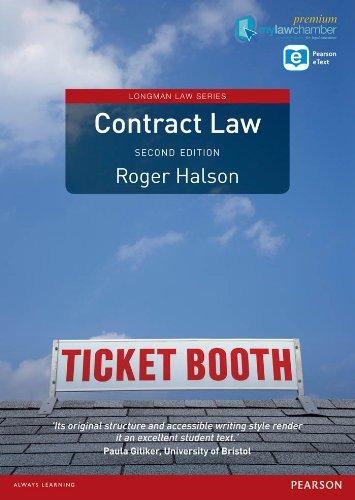Question
Boris Petrov is currently awaiting receipt of his permanent residency card. He was granted conditional permanent residency in 2018 for a period of two years
Boris Petrov is currently awaiting receipt of his permanent residency card. He was granted conditional permanent residency in 2018 for a period of two years and given a conditional permanent residency identification card. He is a legal alien. His conditional residency expired on January 12, 2020. He called USCIS two weeks prior to his conditional residency expiring, and they told him to simply keep checking the mail for his permanent residency interview date. It is now April 12, 2020. Boris called USCIS and told them that he has not received anything in the mail. He was told to call a local field office of USCIS and schedule an appointment to have his conditional residency extended as the caseload is now backlogged and it will take longer than expected for his permanent residency interview to be scheduled. After attending his appointment, Boris's conditional residency was extended until December 31, 2020. However, the only proof of his extended conditional permanent residency status is a stamped extension date of December 31, 2020 on his passport. His actual conditional permanent residency identification card still reflects the expired date of January 12, 2020.
On his way home from work one day, Boris was pulled over by the police for having an expired vehicle tag. After reviewing Boris's identification, the police learn that his conditional permanent residency expired 3 months ago. Boris tries to tell the police that his conditional residency was extended until December 31, 2020, but they do not believe him as he has no proof of his extension because he does not travel to work with his passport on hand. Boris is taken into custody. Shortly thereafter, he gets a Notice to Appear stating that he will be deported for remaining in the country illegally after his conditional permanent residency has expired. Boris hires an attorney to assist him with his claim. At the individual merits hearing, the judge did not allow Boris to call witnesses or present evidence. The judge made his ruling to have Boris deported after seeing that his permanent residency card was expired. The judge stated that no further proof was needed, and that the expired card "speaks for itself."
Boris's attorney is filing an appeal to the Board of Immigration Appeals based on the fact that Boris was denied his due process rights by not being able to call witnesses or present evidence at the hearing. She believes that Boris should never have been arrested, but is not as concerned about this issue as the police likely have a good probable cause argument for the arrest. The attorney asks for your help in drafting the brief. She tells you that there is a 1978 case from the United States District Court for the Western District of Pennsylvania that discusses the due process issue that she would like for you to incorporate into the argument portion of the brief.
Your assignment is to draft this brief for the attorney using the facts as stated and based on her due process concern outlined above. The brief should contain a short summation of the facts, an argument section regarding due process, and a conclusion. There is an exhibit that should be attached (only by reference, not physically attached) that would be very helpful in making the argument on Boris's behalf. You may refer to pages 398-403* in your book for guidance on the format for the brief.
* Those pages are for the 4th edition; 3rd edition see pp. 289-299
Step by Step Solution
There are 3 Steps involved in it
Step: 1

Get Instant Access to Expert-Tailored Solutions
See step-by-step solutions with expert insights and AI powered tools for academic success
Step: 2

Step: 3

Ace Your Homework with AI
Get the answers you need in no time with our AI-driven, step-by-step assistance
Get Started


